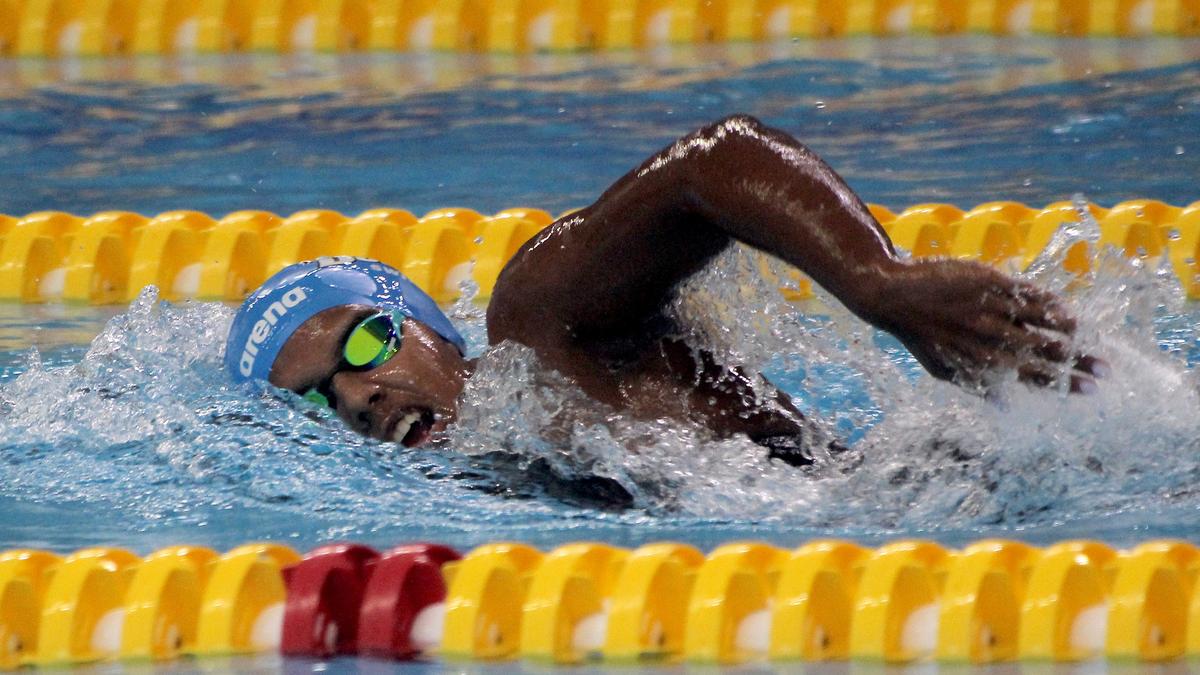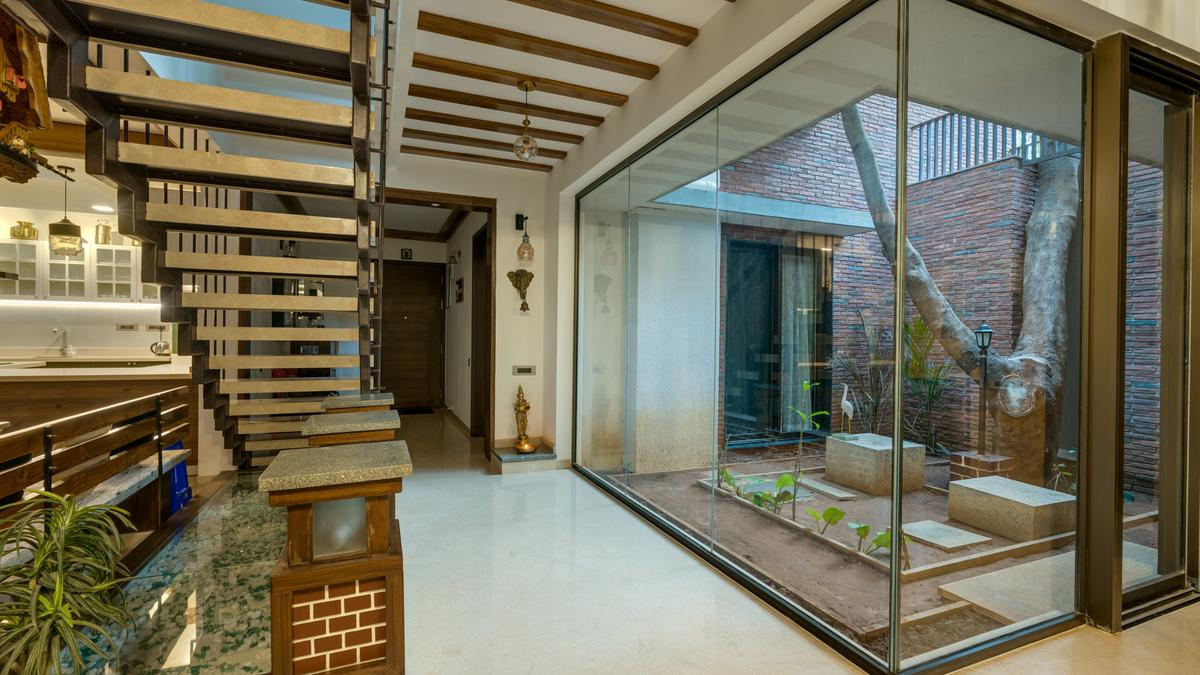It was 1993 and Manjula Pradeep’s fingers were flying over an electronic typewriter as she tried to make sense of the evidence, testimony and haunting postmortem report of a young Dalit man who had died of custodial torture. The victim’s mother had brought the case to Navsarjan Trust, Gujarat’s leading anti-caste grassroots organisation where Pradeep was a freshly minted postgraduate in social work. She had just joined as the NGO’s first female employee.
“I couldn’t understand some terms in the postmortem report and somebody asked me to read a medical jurisprudence textbook,” she says. “That was when I realised I needed to become a lawyer.”
For 30 years, Pradeep has been at the heart of the feminist and Dalit rights movement in Gujarat. As a lawyer and activist, she has been involved in many key legal cases that have shaped India’s modern history, playing a role in the battles for dignity and justice fought by Dalit men and women against an oppressive state. Pradeep, 55, never looks away, instead she holds survivors in a supportive embrace.
Another case that impacted her deeply occurred in 2008, when a teenager was raped repeatedly by six professors in a college. “The case was very important in my life,” she says. “We got a conviction in one year.” Fifty-six girls testified in court, and the public prosecutor, the judge and the investigating officer were all women. “After that, at Navsarjan, we handled many cases of sexual violence involving marginalised girls,” she says.
When members of a Dalit family who were skinning dead cattle were flogged by Hindus in Una, Gujarat, in 2016, it pushed Pradeep to become the first in her family to convert to Buddhism. The survivors later converted, too. Her deep involvement in the case was the last straw for a government that was allergic to anyone shining a spotlight on caste crimes. Pradeep, by then executive director at Navsarjan, had to leave the organisation after the backlash from the state, among other things.
Lonely work
Nine years later, she remains in close contact with the Una survivors — Vashram, Ramesh, Ashok and Bechar — all with the last name Sarvaiya. “If you make a commitment, you have to help the family until the end,” she says. She tracks their health issues, shows up in court to support them, and helps raise money for them. “Vashram wants something meaningful to be built at the place where he was beaten,” she says. “He’s put together a small troupe of children who sing songs of Ambedkar and dance during Navaratri festival.” Vashram has the support of Lalji Sarvaiya, whose brother Piyush was burnt alive by an upper caste mob. Six years later, in 2018, the 11 accused received a sentence of imprisonment until death. Pradeep was the social worker on this case, too.
Dalit women at a protest meet in the wake of the Una violence, in Ahmedabad, July 2016.
| Photo Credit:
Vijay Soneji
Despite all her years of deep community involvement, she says it can feel very lonely sometimes. “Akeli hoon [I’m alone]. I feel bad sometimes, looking for resources, wondering how to change people’s understanding of movement-based work,” she says, adding that though the anti-caste movement has more resources now, the community connect hasn’t grown deeper. “We still have to organise ourselves, build more solidarities. Many are divided based on regional identity/ sub-castes and that is not good for the movement.”
She understands the importance of networks and has been involved in setting up two key initiatives. As co-founder of Dalit Human Rights Defenders Network (DHRDNet) and director of campaigns from 2018 to 2023, her work has involved everything from reports on caste crimes during COVID-19 and gender violence to advocating for a national Scheduled Caste/Scheduled Tribe budget modelled along the lines of the one in Telangana. Post Hathras in 2020, when a 19-year-old Dalit woman was gang-raped by upper caste men and died from her injuries, Pradeep was inspired to start the National Council of Women Leaders, a network of women leaders from marginalised communities. Members include lawyers, journalists, academics and grassroots activists. Most of them run their own organisations, she says.
Overcoming hurdles
Pradeep has also expanded her circle of care to include Muslim and tribal women through the Wayve Foundation, an organisation she set up in 2018. “In four years, I’ve trained 120 women in 12 states,” she says. ‘Trained’, in this context, also means Pradeep held their hand as they embarked on journeys of self-confidence and assertion. “I’m trying to see these women write their own stories,” she says. They learn skills such as documentation, reporting, effective representation of their issues, public speaking, laws and the constitution, organising, advocacy and leadership. “They also learn how to reduce fear and heal pain,” says Pradeep. She sees herself as an observer who doesn’t impose her ideas. “I do a lot of community healing,” she adds.
She asks participants to draw their ‘river of life’, a representation of their journey that highlights the blocks they faced and the milestones. Sharing stories is a cathartic experience, and many cry during this process. Pradeep understands their pain, she’s had her share of it. “When somebody needs you, you have to be with that person. You don’t have to judge,” she says. “This is what you call movement-building.”
The writer is a Bengaluru-based journalist and the co-founder of India Love Project on Instagram.
Published – June 05, 2025 01:53 pm IST


